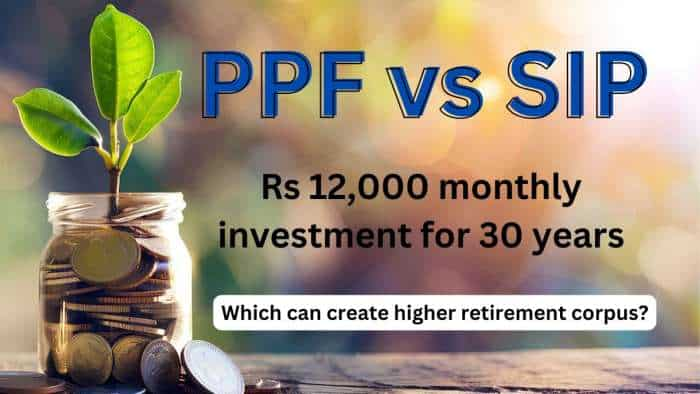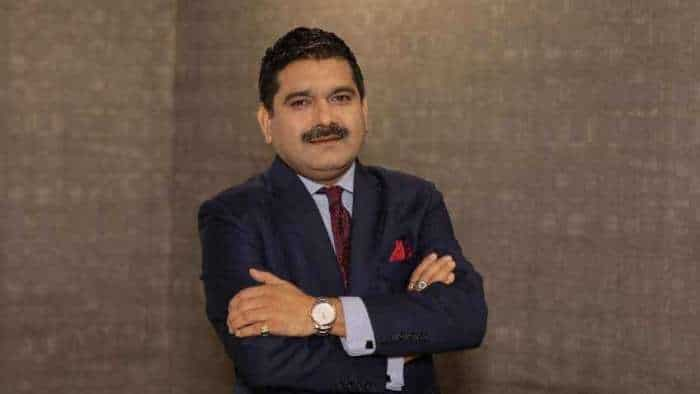Over 90% global deaths linked to pollution from landscape fires in poor countries - Is geospatial technology a solution?
Meanwhile, the Supreme Court on Thursday refused to relax emergency measures under Stage 4 of the Graded Response Action Plan (GRAP) to deal with air pollution in the national capital, ordering it to continue till December 2.
)
Over 90 per cent of the global deaths per year linked to air pollution from landscape fires were in low and middle-income countries, including India, according to a recent study published in The Lancet journal. Other countries with the highest burdens of disease due to landscape fires, including wildfires, were China, Indonesia and those in sub-Saharan Africa.
The findings highlighted geographic and socioeconomic inequalities in how landscape fires affect public health, an international team of researchers, including those from Monash University, Australia, found.
Amid rising pollution in Delhi-NCR and other regions, experts feel that geospatial technology can offer a solution.
According to Sanjay Kumar - CEO, Geospatial World - geospatial technology can play a critical role by analyzing decades of environmental, climatic, and pollution data.
"Adding layers like demography, urbanization, transportation, and deforestation helps model the situation, predict scenarios, and propose effective solutions. Satellite imagery and geospatial platforms can guide reforms in agriculture, construction, and infrastructure while suggesting policies to control pollution from festivals and other sources," Kumar said.
Delhi and NCR are grappling with "Severe" air quality under GRAP Stage 4 as AQI levels cross 400. The main contributors - stubble burning, vehicular emissions, industrial activities, and unfavorable weather—create a yearly winter crisis.
"To mitigate the impact of stubble burning, technology and GIS can play a crucial role in monitoring, predicting, and managing agricultural fires. Satellite-based GIS systems enable real-time tracking of fire hotspots, allowing authorities to respond quickly to prevent widespread pollution," Saurabh Rai, CEO, Arahas.
Meanwhile, the Supreme Court on Thursday refused to relax emergency measures under Stage 4 of the Graded Response Action Plan (GRAP) to deal with air pollution in the national capital, ordering it to continue till December 2.
A bench of Justices Abhay S Oka and Augustine George Masih said the second report submitted by the court commissioners showed an "abject failure" of authorities in implementing the GRAP IV curbs in letter and spirit.
Get Latest Business News, Stock Market Updates and Videos; Check your tax outgo through Income Tax Calculator and save money through our Personal Finance coverage. Check Business Breaking News Live on Zee Business Twitter and Facebook. Subscribe on YouTube.
RECOMMENDED STORIES

PPF vs SIP: Rs 12,000 monthly investment for 30 years; see which can create higher retirement corpus

Power of Rs 15,000 SIP: How long it will take to achieve Rs 7 crore corpus? See calculations to know

SBI Latest FD Rates: PSU bank pays these returns to senior citizens and other depositors on 1-year, 3-year and 5-year fixed deposits
06:57 PM IST










 2.6 lakh vehicles fined more than Rs 260 crore over pollution in Delhi
2.6 lakh vehicles fined more than Rs 260 crore over pollution in Delhi Delhi Air Pollution: Air quality improves, 'moderate' air quality after weeks
Delhi Air Pollution: Air quality improves, 'moderate' air quality after weeks Delhi AQI Update: Slight improvement but still in 'poor' category
Delhi AQI Update: Slight improvement but still in 'poor' category  Delhi Air Pollution: Here's what AIIMS experts advise amid rising pollution
Delhi Air Pollution: Here's what AIIMS experts advise amid rising pollution  Delhi Air Quality Today: AQI improves slightly - Check latest update on air pollution
Delhi Air Quality Today: AQI improves slightly - Check latest update on air pollution